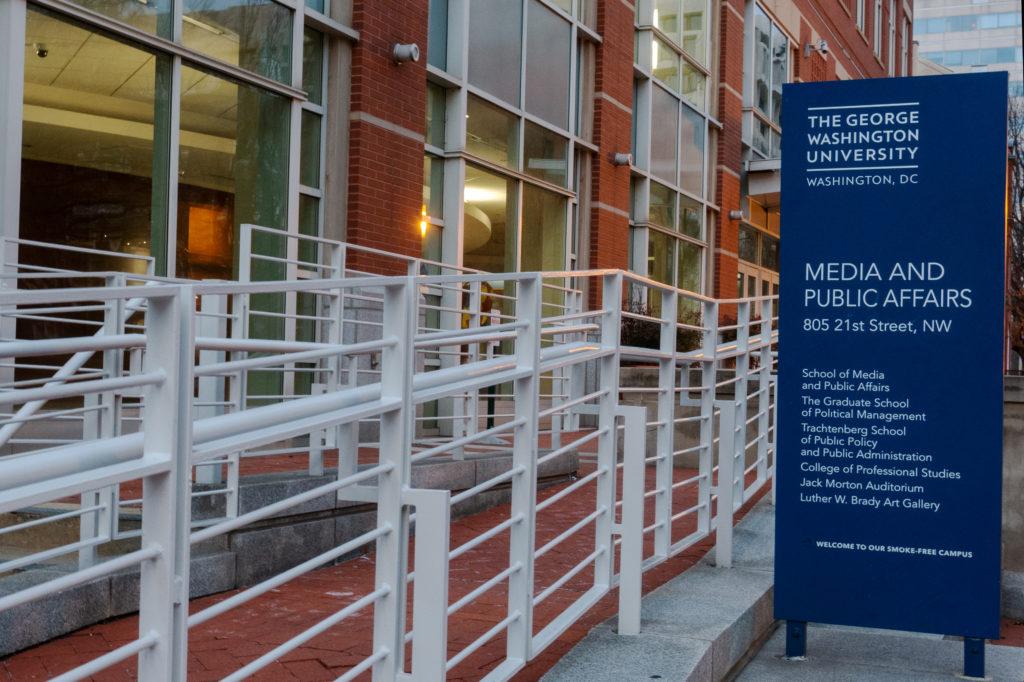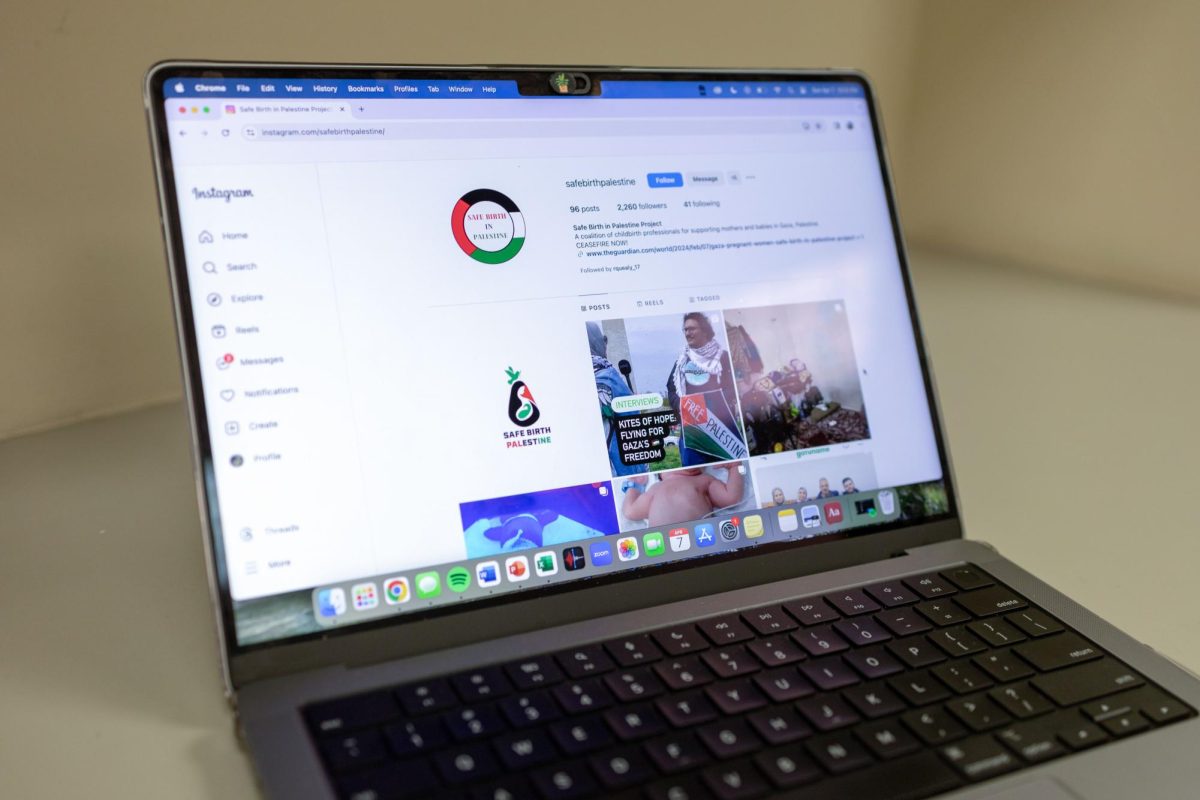A study from the School of Media and Public Affairs found that social media posts with credible sources on COVID-19 were more common than posts spreading misinformation during the start of the pandemic.
The study, published earlier this month by Institute for Data, Democracy and Politics, found that the number of links shared through Twitter and Facebook that include misinformation related to general health topics like depression and cancer outnumbered links with COVID-19 misinformation from March to May 2020. Of the more than 300 million Twitter posts analyzed, 72 percent contained COVID-19 keywords that linked to “more credible” sources, while 67 percent contained other health issues during the pandemic, according to the study.
Xiaolei Huang, one of the study’s co-authors and an assistant professor of computer science at the University of Memphis, said the research team discovered that people were more likely to use sources, like the federal government and major news organizations, instead of news articles with false COVID-19 content.
“Normally, people feel like there’s more and more people believing in the misinformation,” Huang said. “But according to our findings, people have more awareness about the misinformation online and that is people are more likely to trust the trustworthy news media.”
Tedros Adhanom Ghebreyesus, the director general of the World Health Organization, used the term “infodemic” to describe the mass amounts of misinformation about the coronavirus, according to the study.
Huang said the infodemic applies to other public health issues, like misconceptions about vaccines – not only those for COVID-19. He said the study found COVID-19 tweets to contain “not credible sources” – website domains rated between “very low” and “low” credibility by the Media Bias/Fact Check factual reporting scale – that were more likely linked to state-sponsored sources from countries like Russia.
He said users who followed and retweeted information from verified sources like CNN and The New York Times during the start of the pandemic helped reduce misinformation. He said the users’ pattern following credible sources indicates how continuous anti-misinformation policies are necessary to protect public health and general welfare.
“Working against misinformation should never be stopped,” Huang said. “It’s a long-term issue.”
David Broniatowski, the associate director of the IDDP and an associate professor of engineering management and systems engineering, led the study and research team. He did not return a request for comment.
Experts in media and data science said the politicization of the pandemic damaged the public’s trust in online health communication and medical experts.
Amy Leader, an associate professor of population science and medical oncology at Thomas Jefferson University in Pennsylvania, said the pandemic is constantly evolving and allows for more misinformation to be spread while public health experts attempt to share accurate information.
She said conversations on COVID-19 topics like vaccination and masks may have sparked the rise of misinformation, but the public misinterpreted the difference between credible and noncredible information. She said the public should refer to trusted messengers on social media who understand and can share factual information about COVID-19 or general health issues in addition to the Centers for Disease Control and Prevention.
“Everything doesn’t all have to come out of the mouths of the public health professionals or the CDC person,” Leader said. “We can partner with other people that are credible and have the ears and the voices of the public.”
Jeffrey Blevins, a professor of journalism at the University of Cincinnati, said the study highlights how credible information about COVID-19 is available online, but researchers should have considered how people may not use online sources to find information for themselves.
“They tend to go to find facts, find narratives that support their already pre-conceived disposition or what social scientists would call confirmation bias,” he said. “We want to have our biases confirmed.”
Blevins said while the study recognized that accurate COVID-19 information is available on social media, the findings won’t sway those who disregard information from credible sources like news outlets and government organizations. He said the public “unfairly demonized” health experts, which decreased their credibility and authority to speak on their areas of expertise.
“You have to be more responsible for the news and information you consume,” he said. “If we have all the accurate information in the world out there, and you’re dismissing it, what else can we do?”
Yonaira Rivera, an assistant professor of communication at Rutgers University, said the study should have broadened the number of social media platforms it analyzed to include Instagram and WhatsApp. She said the study should have also indicated that image-based searches within Facebook groups could share links of videos and images to “not-credible” sources about COVID-19 and create echo chambers that fueled the politicization of the pandemic.
She said the study’s researchers wouldn’t have been able to analyze platforms like WhatsApp and TikTok because of how fast social media users could share their opinions and influences. She said researchers should also consider social media platform regulation when improving online health issue communication in a new social media age to reduce misinformation on these platforms.
“We want an increase in good information to help the public moving forward and also allow nonpartisan agencies to start dealing with some of these regulations,” she said.
Meghan Flanagan, Nikki Ghaemi and Zahaan Riyaz contributed reporting.








